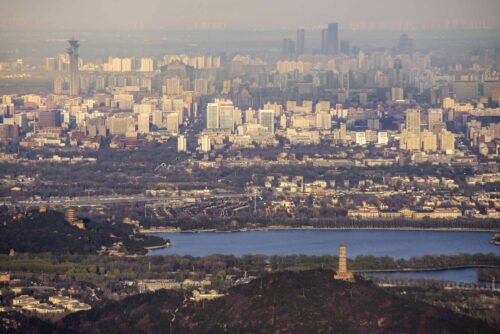China’s Singles Day avoids the limelight
How to run an event centered around rampant consumerism in the age of "common prosperity." This story is from the The China Project A.M. newsletter — sign up for free here.

China’s biggest online shopping extravaganza kicked off yesterday with a low-profile evening party, a sharp contrast from the glamorous live performances by celebrities (including Taylor Swift) from years prior.
- The big tech crackdown has left the ecommerce platforms — Alibaba and JD — cautious about cashing in on conspicuous consumption.
- China’s carbon neutrality pledges have left some companies wary about a highly polluting event that generated 52,400 tonnes of carbon dioxide in 2016, according to Greenpeace.
- The supply chain crisis has also left some foreign brands anxious about filling a massive spike in Chinese orders.
The context: Singles day is a consumer romp of epic proportions. In 2020, Alibaba and JD recorded $115 billion in transactions, ten times the transactions of Black Friday and Cyber Monday in the U.S. last year.
- Alibaba now says the event will have “an emphasis on sustainability and inclusiveness.” It has opened up recycling stations to offset packaging waste generated from the event.
- Alibaba’s Tmall will offer $15.6 million in vouchers to incentivize “environmentally-friendly lifestyle” shopping.
The takeaway: The tonal shift comes on the heels of Xi’s “Common Prosperity” drive, which seeks to build a greener, fairer society. It also hews closely to the spirit of COP26 in Glasgow happening concurrently.






